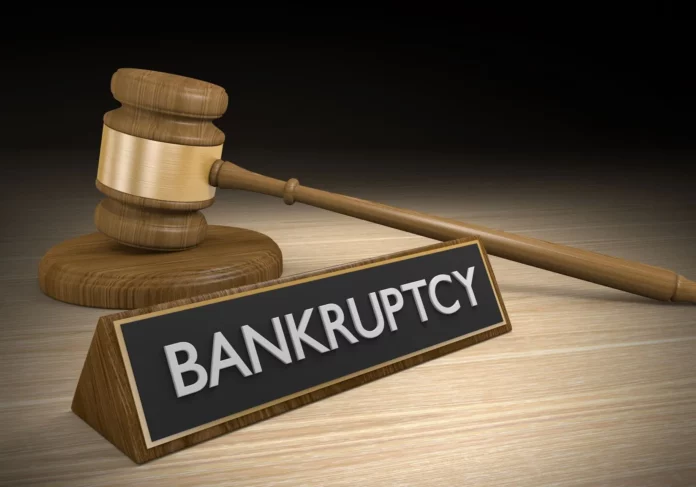In a landmark decision on Friday, the Second Circuit Court of Appeals ruled that standing Chapter 13 trustees cannot charge fees on payments made before a bankruptcy plan is confirmed. The court determined that trustees are only entitled to retain a percentage fee from payments made by debtors after a Chapter 13 plan is confirmed, reversing a 2020 ruling by the Eastern District of New York.
In the case of Julia Soussis v. Michael Macco, the Second Circuit found that Chapter 13 trustees are not permitted to collect fees from pre-confirmation payments made by debtors unless a plan has been confirmed. The case arose from the bankruptcy proceedings of Julia Soussis, who filed for Chapter 13 bankruptcy in 2019 for the sixth time to avoid foreclosure on her Garden City, New York home. After her bankruptcy was dismissed in June 2020, trustee Michael Macco retained $20,592 in fees from $362,100 in pre-confirmation payments.
Judge Susan L. Carney, writing for the unanimous panel, explained that pre-confirmation payments are meant to test a debtor’s ability to adhere to a repayment plan, not to serve as a source of compensation for standing trustees. According to the court, the Bankruptcy Code and Section 586 of Title 28 of the U.S. Code only allow trustees to retain fees on payments once a Chapter 13 plan is confirmed.
“Congress did not create a fee-for-service system for standing trustees. Instead, the percentage fee ensures that trustees receive reasonable compensation from all cases they administer, not from any single case,” Judge Carney wrote.
The Second Circuit’s ruling reverses the decision of U.S. Bankruptcy Judge Robert E. Grossman, who had denied Soussis’ motion to disgorge the fees. The court’s decision aligns with similar rulings from the Seventh, Ninth, and Tenth Circuit Courts of Appeal, reinforcing that Chapter 13 trustees cannot retain fees on payments made prior to the confirmation of a bankruptcy plan.
The decision underscores the importance of clarity in the application of bankruptcy laws, particularly in Chapter 13 cases where approximately 18% of cases are dismissed or converted to liquidation before a plan is confirmed.
This ruling could have significant implications for standing Chapter 13 trustees, who may be impacted by the court’s conclusion that fees can only be charged on payments made under a confirmed plan.



